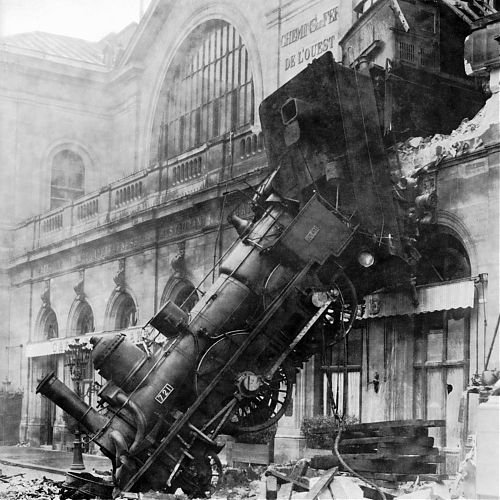Figure of Speech vs. Figure of Composition
This paragraph of Roberto Schwarz’s Two Girls was omitted from the English translation. Occupying pages 103-104 of Duas Meninas (São Paulo: Companhia das Letras, 1997), it would go at the end of section 6 on page 153 of Two Girls and Other Essays (London: Verso, 2012). We can only speculate why Schwarz’s editors opted at the beginning of this decade to suppress it. At the end of the decade, it is clear that Schwarz’s longstanding commitment to a limber realist imperative — to “composition” or form as producing truth claims of a kind specific to art — is the advanced position in relation to an anglo-american critical field that has been struggling, with decidedly mixed results, to free itself from the presupposition — imported half a century earlier under the sign of the “linguistic turn” — that language is a closed system divorced from practice. [Trans.]
Today’s reader knows that the comparison of a novel with reality is an unpardonable critical gaffe: literature, fundamentally owing its existence only to language, doesn’t refer to anything beyond itself. In Roland Barthes’ famous and influential formulation, the prose of realist fiction produces a “reality effect,” which, as an effect, has nothing whatever to do with reality. In brief, this “effect” — illicit and ideological in the pejorative sense — is a product of the accumulation of “useless details”: useless, that is, from the standpoint of narrative progression. Rhetorical in nature despite an appearance we might call empiricist, the ruse of the superfluous detail would deceive the reader and lead him, like a moviegoer so ingenuous as to forget he’s at the cinema, to believe in the direct presence of the brute contingency of life. Thereby realism palms off the ineluctable insistence of language, or of its rules and genres.
When we recall the formal and critical audacity of the great realist works, to say nothing of their antennae tuned to the most subtle and dramatic changes in the world’s physiognomy, the poverty of the definition is perplexing. It transforms one of the conquests of modern culture into a defect. It is as though the composition of the novels of Stendahl, Balzac, and Flaubert did not in fact seek to imitate and apprehend the rhythm of contemporary society — the essential subject-matter of modern life. Better said, the whole effort would amount to nothing more than playacting, since the foremost objective would be to dupe the reader by means of the “referential illusion,” causing him to disregard the difference between the book he has in his hands and the reality outside it. In other words, social experience and the linguistic systems that govern literature would exist in mutually impervious domains. Realism thus understood loses its mimetic dimension: its openness to its own present, to the sui generis configurations that the new sense of history was discovering. But these configurations, discerned by the writer precisely in a profusion of objects and empirical connections, are promoted to a principle of composition to which those empirical contents, distilled and stylized according to the dynamism of the form, are then subordinated. In breaking with conventional forms, realist writing — Barthes notwithstanding — took upon itself the responsibility of imagining and composing the movement of society, thereby making it available for critical contemplation. Composition composes a figure that, whatever else might be said, is not a figure of speech.
